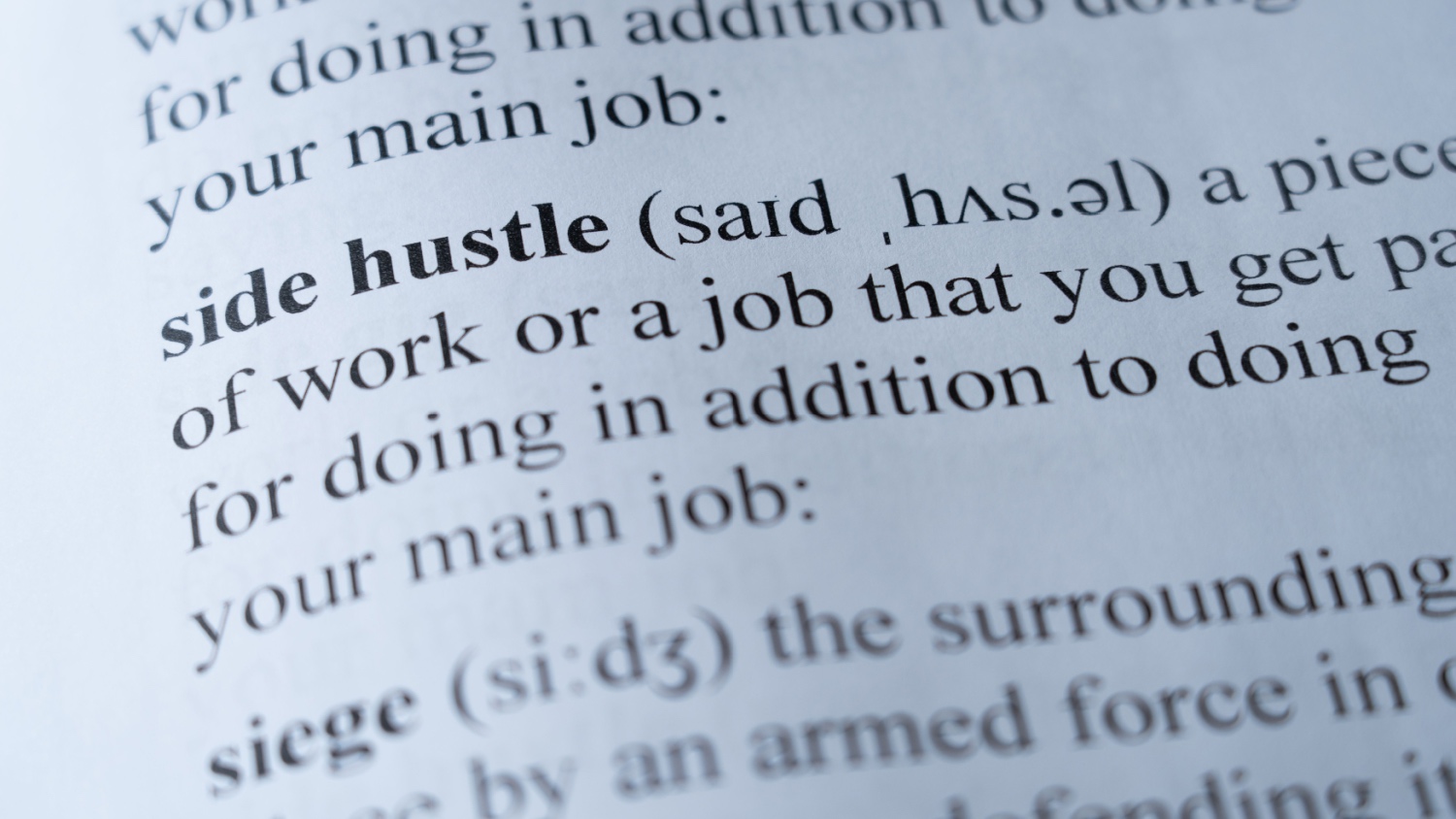Jeffrey Pollack, Lynn T. Clark II Distinguished Professor of Entrepreneurship in the Poole College of Management, examines a complex issue at the intersection of psychology and entrepreneurship.
Amid the flurry of high-profile entrepreneurs who have been accused and charged with crimes related to fraud and lying, some speculate that the “faking” is over. Is it, though? As a researcher who studies the psychology of entrepreneurship, I found most of the lies to be unsurprising, and we should anticipate that the lies will continue. Here is the crux of the issue—aspiring entrepreneurs face liabilities of newness and smallness. This dilemma is explained in the work of Matt Rutherford and colleagues who coined the term “legitimacy lies.” Entrepreneurs face an ethical quandary which is, basically, how to get the commitment and support of key stakeholders — such as customers and investors — and be seen as legitimate, when in fact the venture is not yet legitimate? Overall, entrepreneurs are motivated and often need to lie to gain the support needed for their firms to survive and grow.
The legitimacy lie dilemma is not just for high-profile entrepreneurs seeking millions of dollars, such as the ones profiled recently in the media. Those, however, are the most publicized instances. A new entrepreneur — starting, for example, a college entrance consulting business aimed to serve high school students — without any customers, could create a captivating website. That entrepreneur could build a large social media presence, brimming with pictures showing happy students enrolled at prestigious colleges, who would be presumed to be customers. Here, the entrepreneur is painting an inaccurate, exaggerated picture of the venture. They are deliberately misleading would-be customers in order to, ironically, get customers. Imagine that this business grows for a few years and needs external funding to survive and expand. Is it really a shock to think that their efforts to enroll support in the form of bank loans, crowdfunding, or maybe even angel investment would, similarly, depict the venture in the most positive of ways — yes, even exaggerating, for example, projected revenue or sales pipelines to gain crucial financial support the business needs to survive?
News coverage of the entrepreneurship-related scandals in Silicon Valley and elsewhere remind me of Captain Renault’s (in)famous remark in the film Casablanca, “I’m shocked! Shocked to find that gambling is going on in here!” To be honest, we’ve known for years that individuals at work lie as well as that entrepreneurs lie — We even know the types of lies they tell. Lying is common in these high-stakes situations where, for example, the survival of a business is at risk or where getting a job is the goal (research estimates the frequency of lying in job interviews at between 28-75%).
So, is the faking in Silicon Valley and elsewhere done? On one hand, nothing fundamental changed in terms of needs for startups, and thus they are still motivated to lie or exaggerate to acquire financial support. On the other hand, considering recent events, customers and financiers will be inclined to conduct more thorough due diligence before supporting an entrepreneur. If both scenarios play out, then faking is likely not over, but maybe being caught is more likely.
Do all entrepreneurs lie? No. Do all entrepreneurs raise external funding? No, only about 25% of ventures use funds other than their own. Do all entrepreneurs, at some point in the venture lifespan have the incentive and opportunity to lie? Yes. Will they lie? No, I suggest that most entrepreneurs do not deliberately, with villainous intentions, deceive their stakeholders. My view is that examples like Elizabeth Holmes are the exception. However, to be sure, there are entrepreneurs who do lie. Please do not be surprised by this.
- Categories:
- Series:



